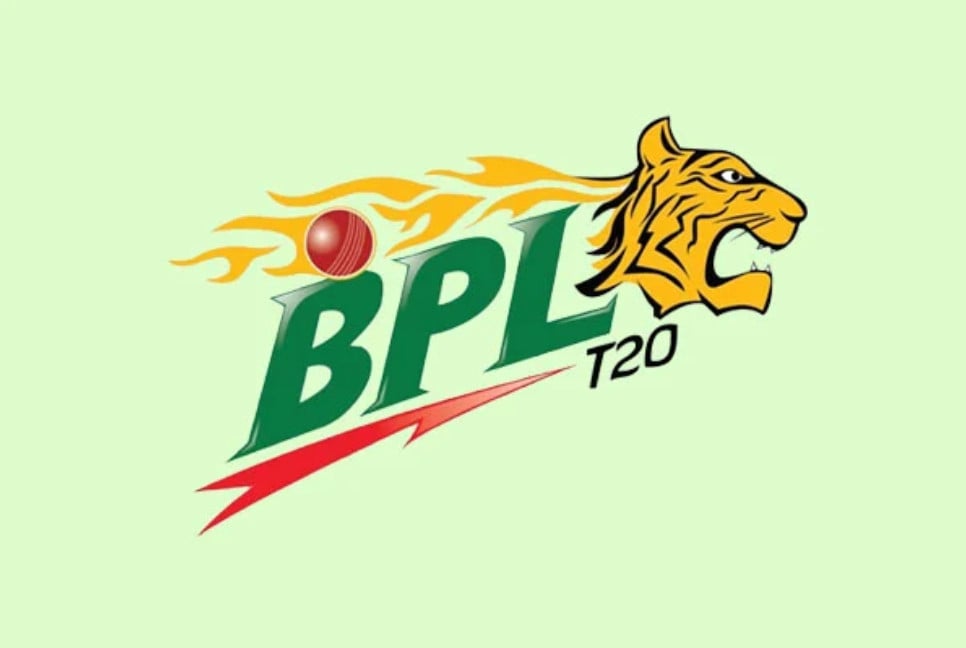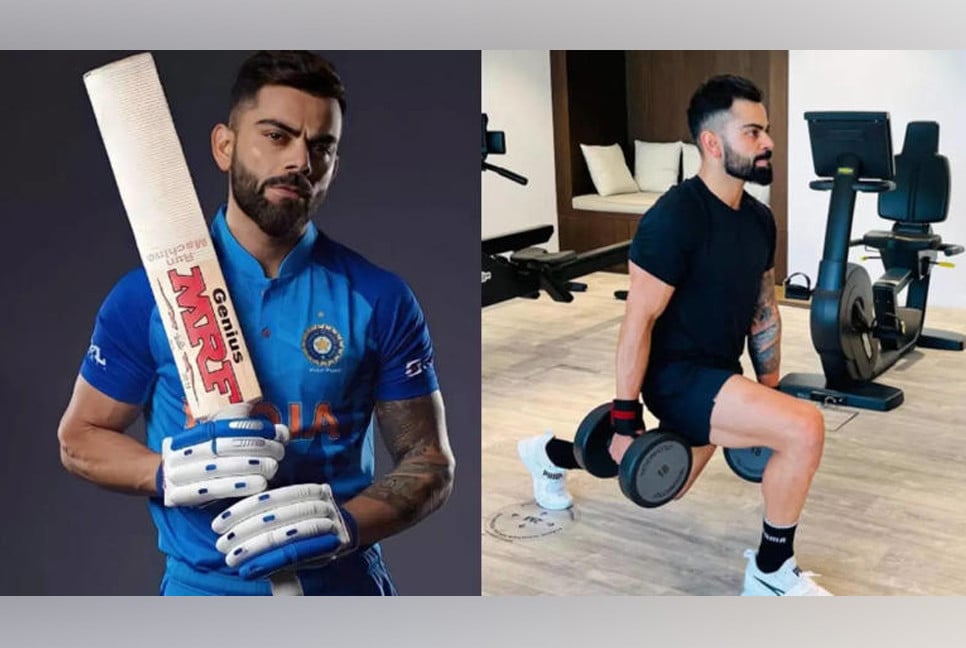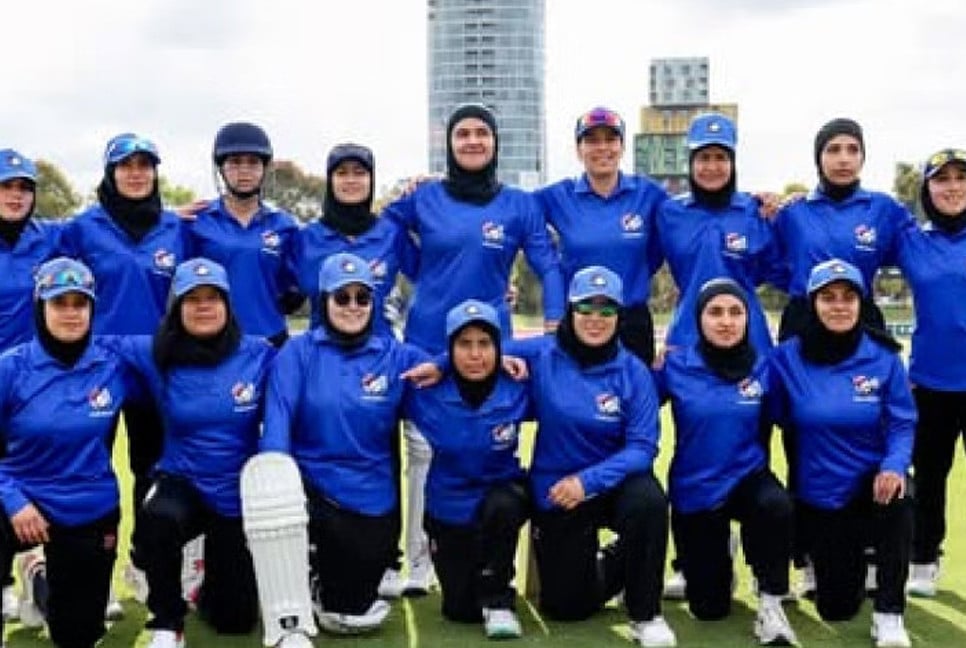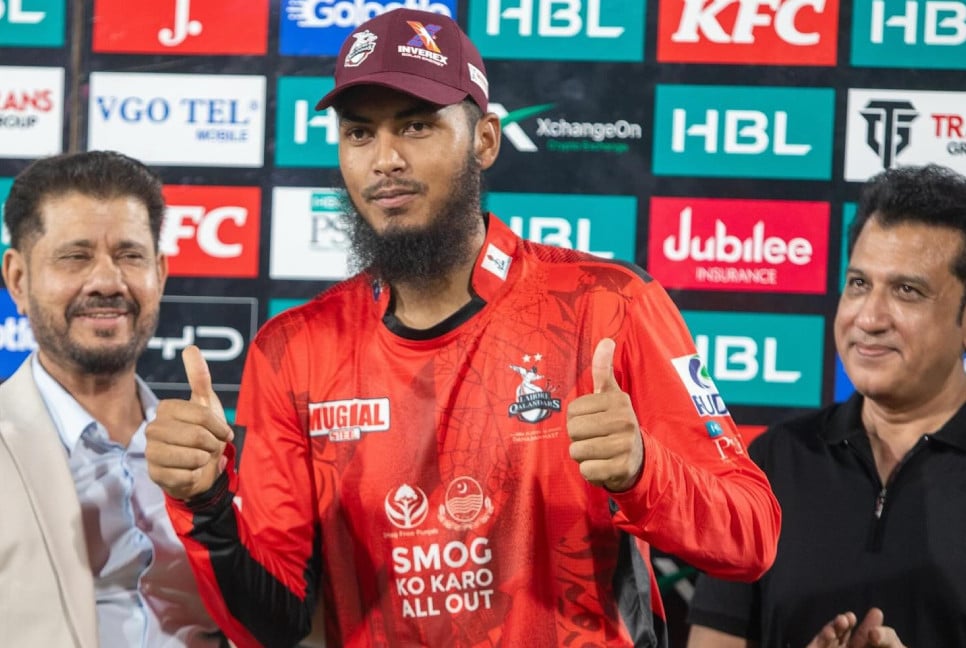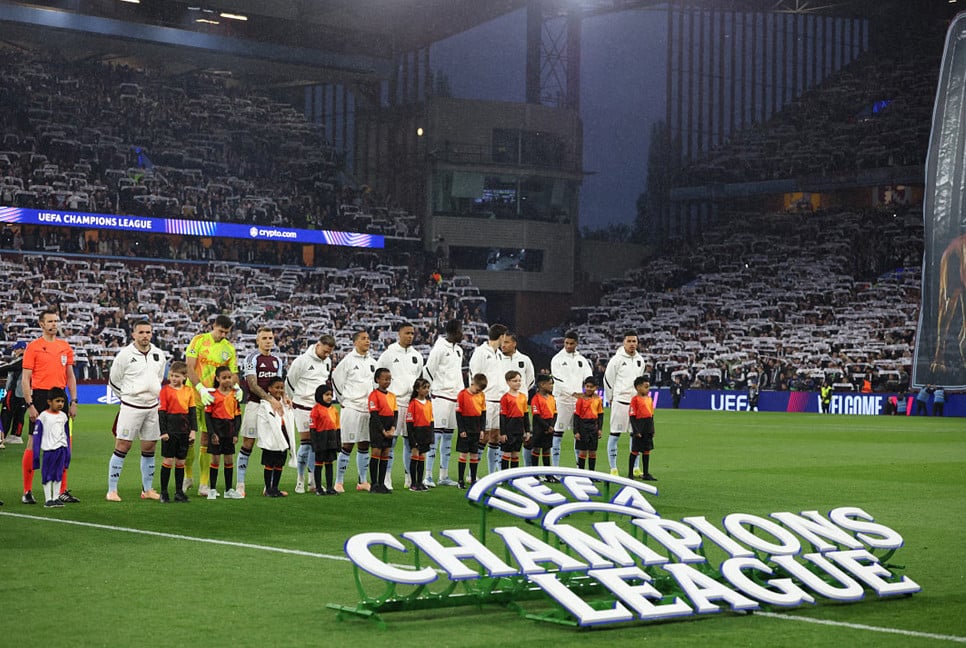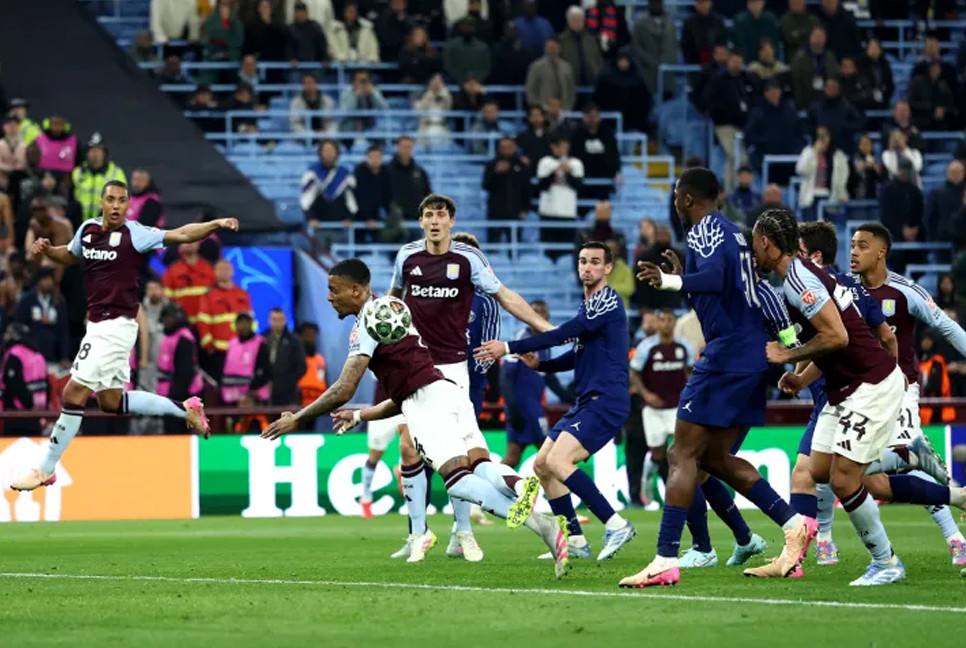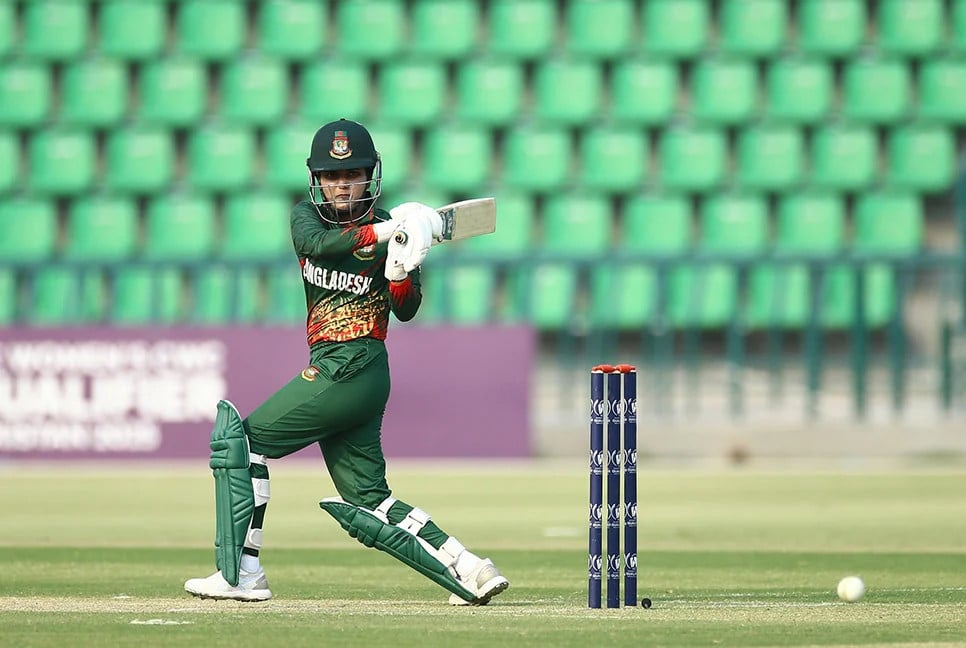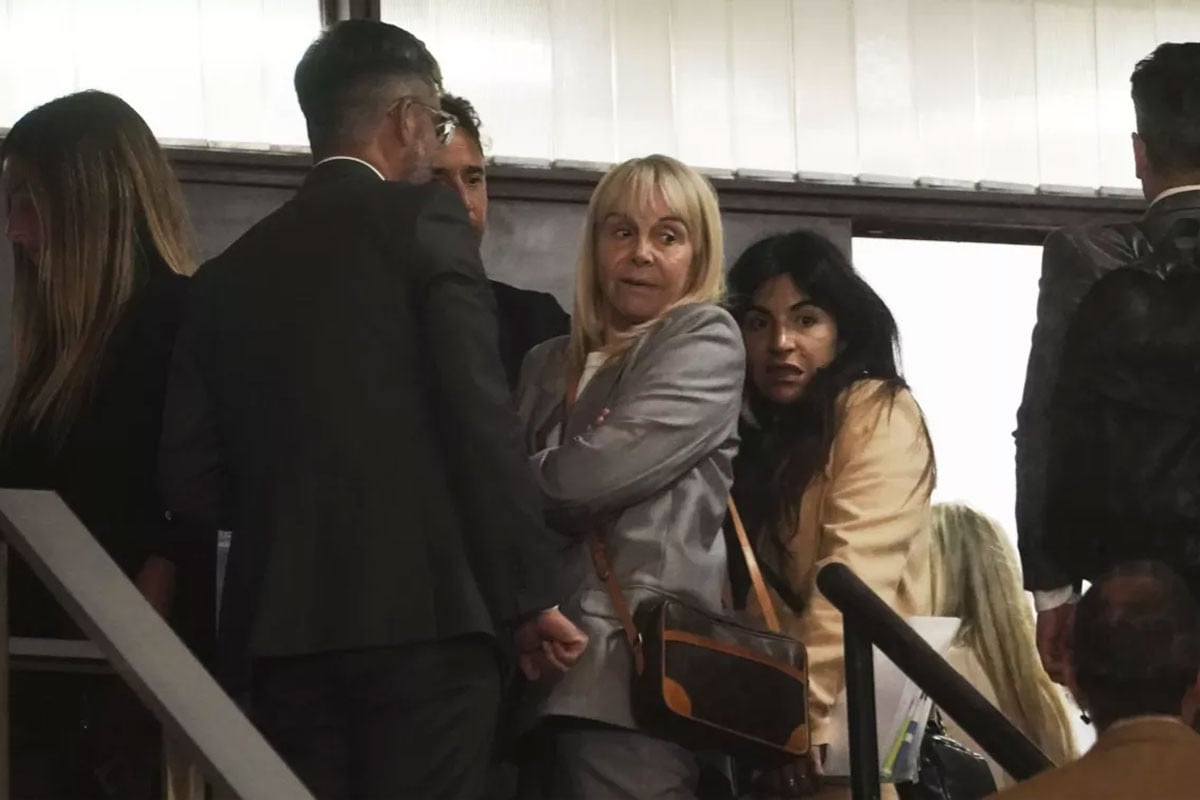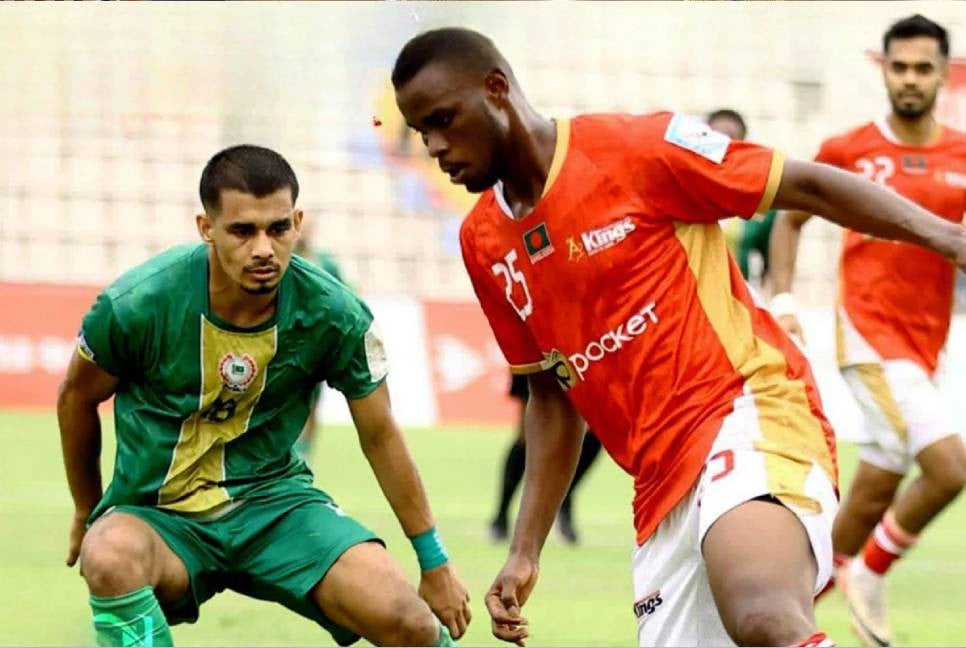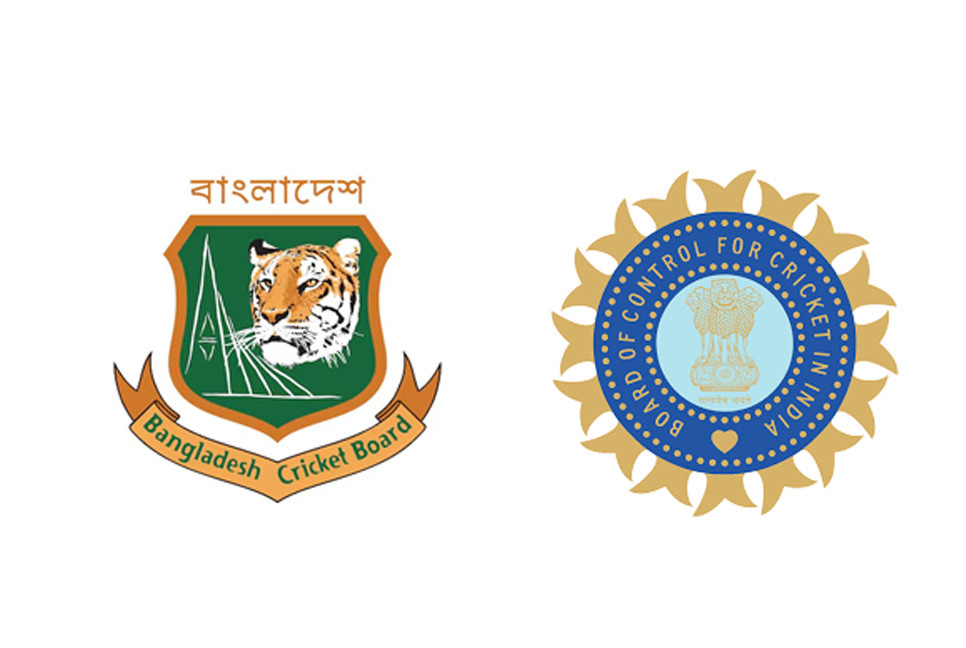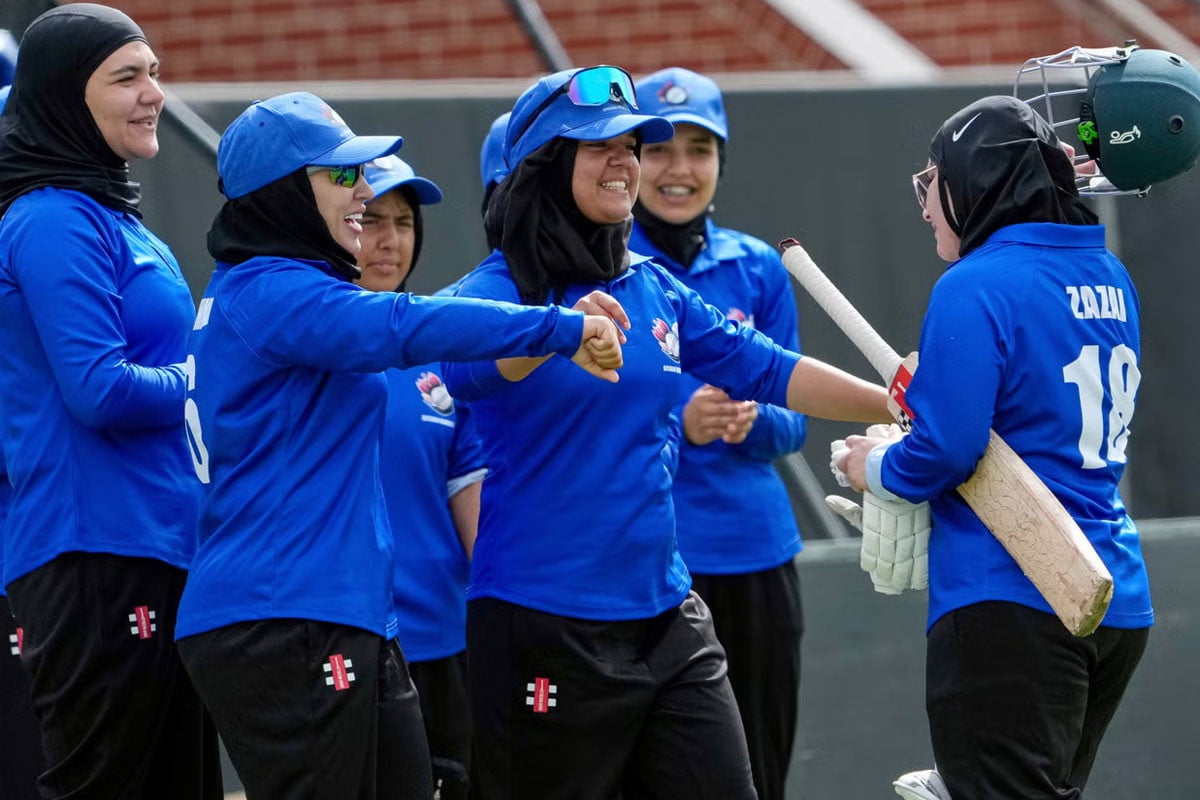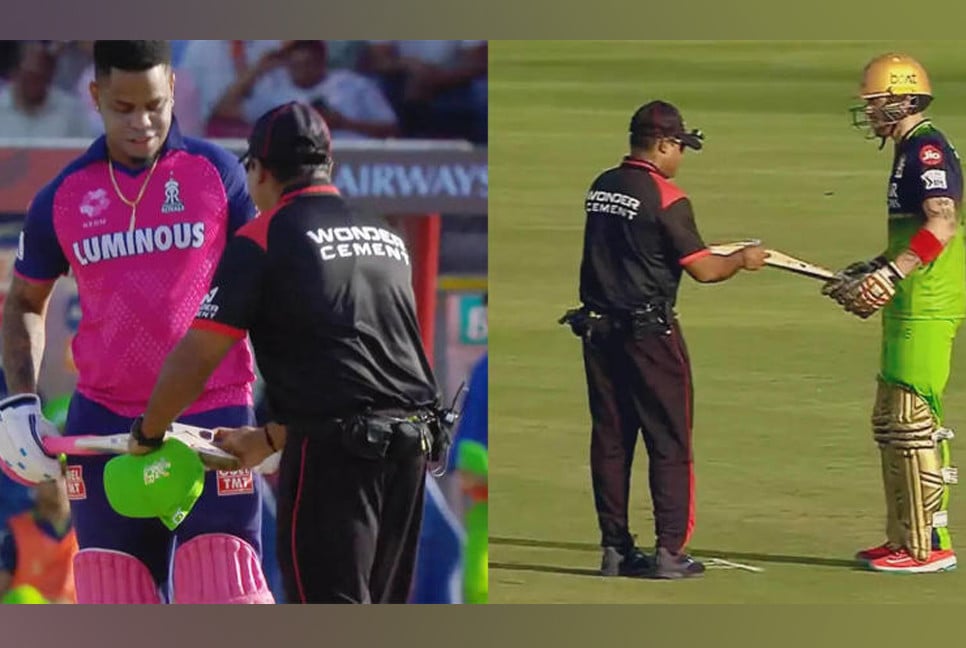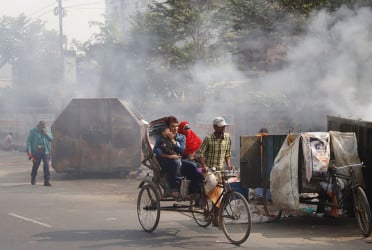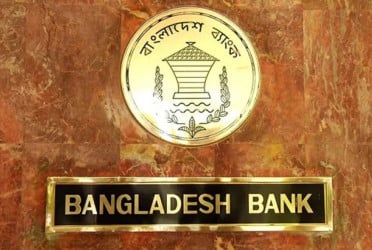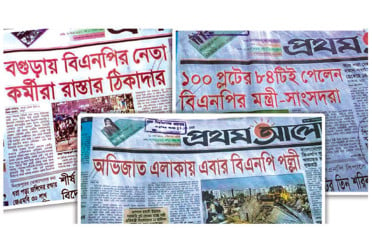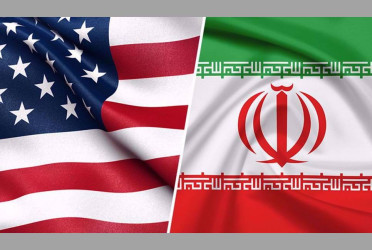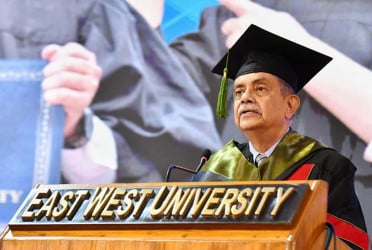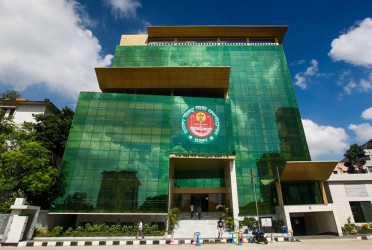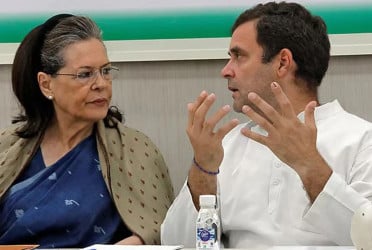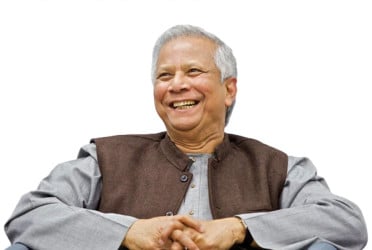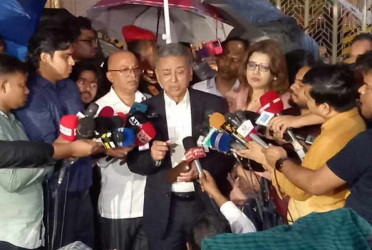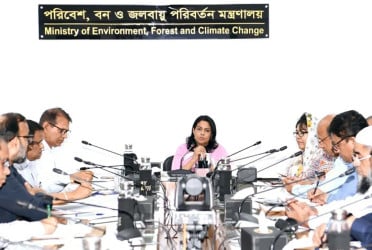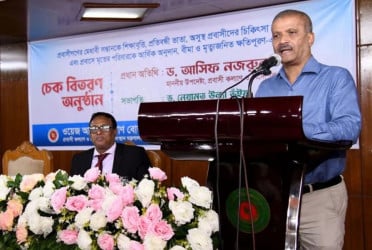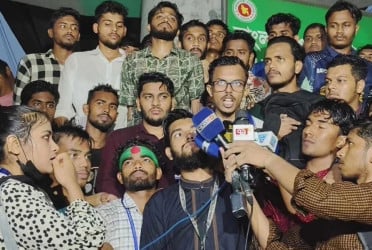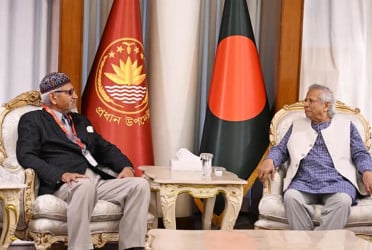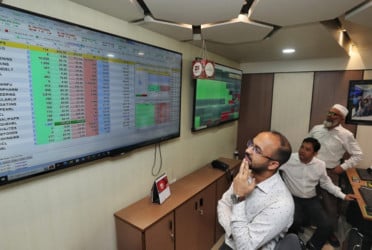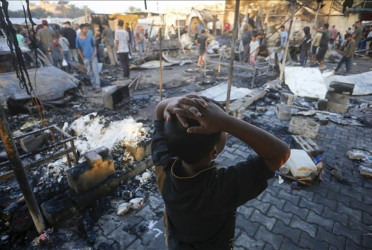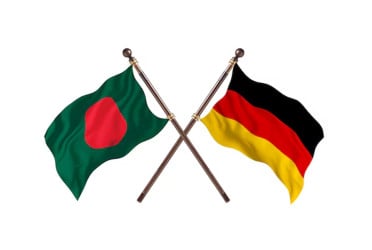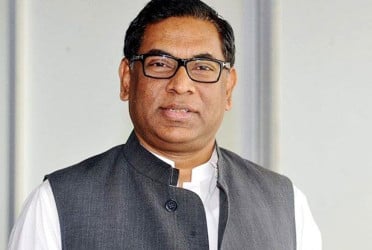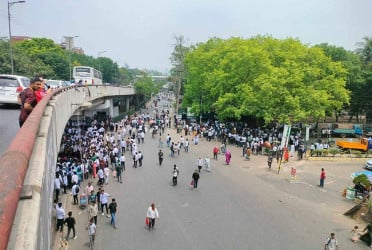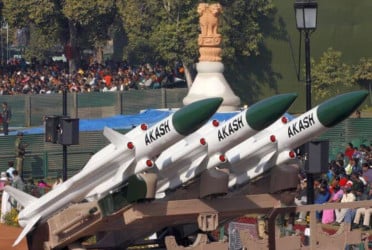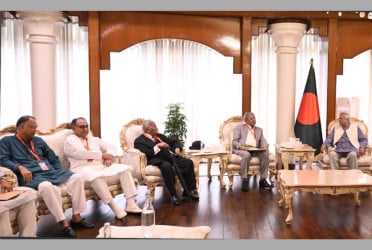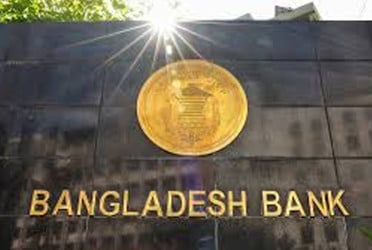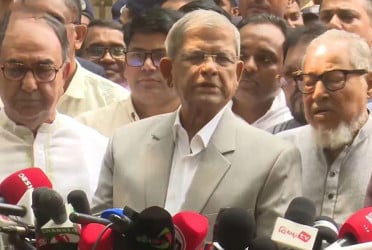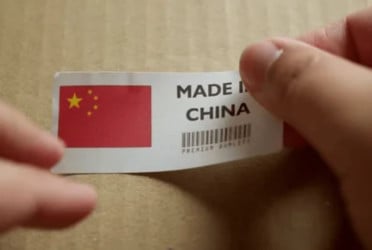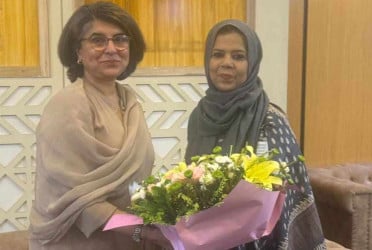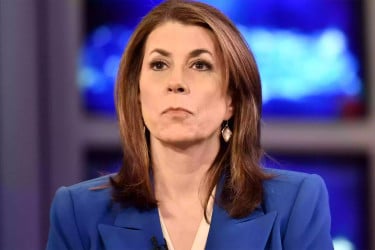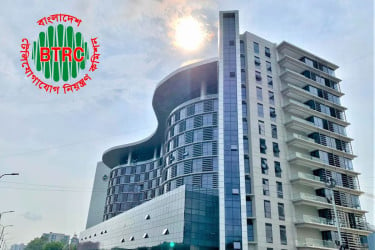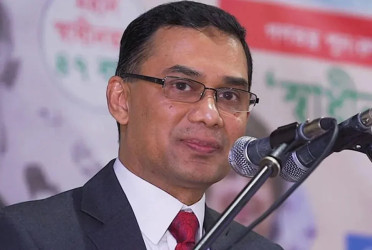The players' draft for the 11th season of the Bangladesh Premier League (BPL) is finalized, and the franchises have already formed their teams.
Seven teams in this season are all ready to roll. Bangladesh Cricket Board (BCB) has also fixed the dates for the BPL, as the tournament is set to begin on December 30.
Just as everything for BPL was finalized, Bangladesh’s top T20 tournament has attracted international attention. However, it’s for the wrong reasons.
UK-based news outlet The Telegraph has published a report. According to this report, BPL is among tournaments that are linked with corruption. The report also says that over the past two years, there have been more than 30 allegations of corruption related to this tournament.
Despite these allegations, many accused players are still in the tournament playing for their franchises. No one has been banned due to these allegations.
It’s not the first time that there has been allegations against BPL of fixing. Mohammad Ashraful, the youngest centurion for Bangladesh in Test, had been accused of fixing which ultimately led to his ban on all formats of cricket.
Steve Richardson, who once worked with the International Cricket Council's (ICC) Anti-Corruption Unit for seven years, discussed the corruption issue with The Telegraph. He noted that many T20 leagues do not follow the ICC's anti-corruption policies, and that the ICC is concerned about corruption involving league organizers and franchise owners. Following discussions with Richardson, The Telegraph published a special report which highlights that various franchise leagues around the world, including BPL, have not registered with the ICC’s anti-corruption programs, opting to handle corruption internally.
The report states that “more than 30 corruption allegations have been reported in the past two years in BPL, yet not a single person has been banned. Those accused of corruption continue playing for years until proven guilty.” It also explains why: “Players often fear reporting allegations due to concerns over losing payment or feeling unsafe. However, when they receive direct offers for match-fixing or spot-fixing, they tend to report it to the organizers.”
The Telegraph did not mention any specific players in the report.
Currently, Steve Richardson works as a Sports Integrity Consultant. He suggests that cricket boards in various countries should work to control corruption within franchise leagues.
bd-pratidin/Rafid

